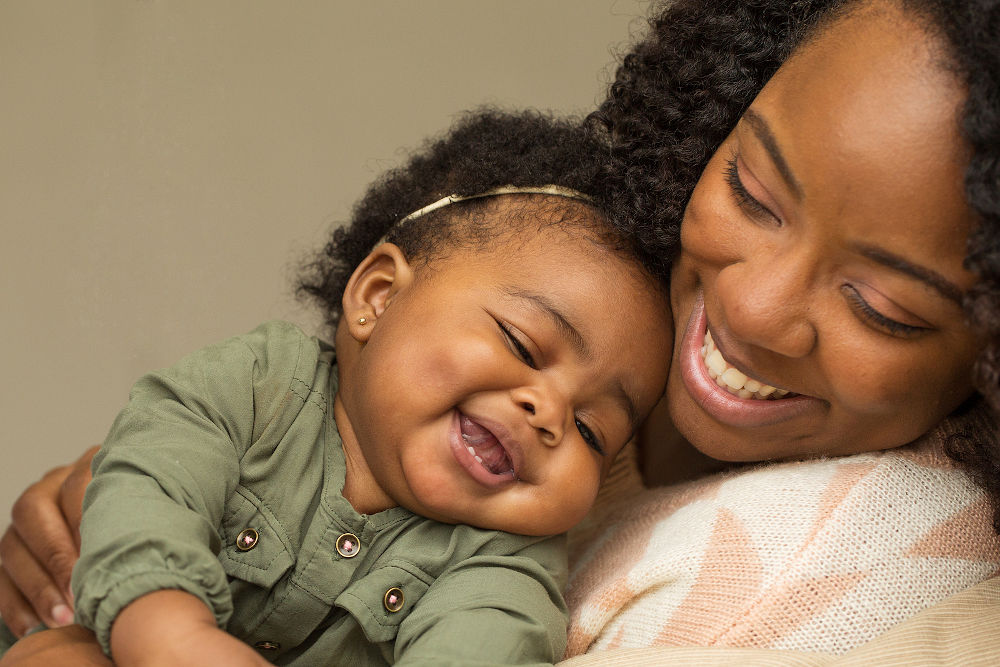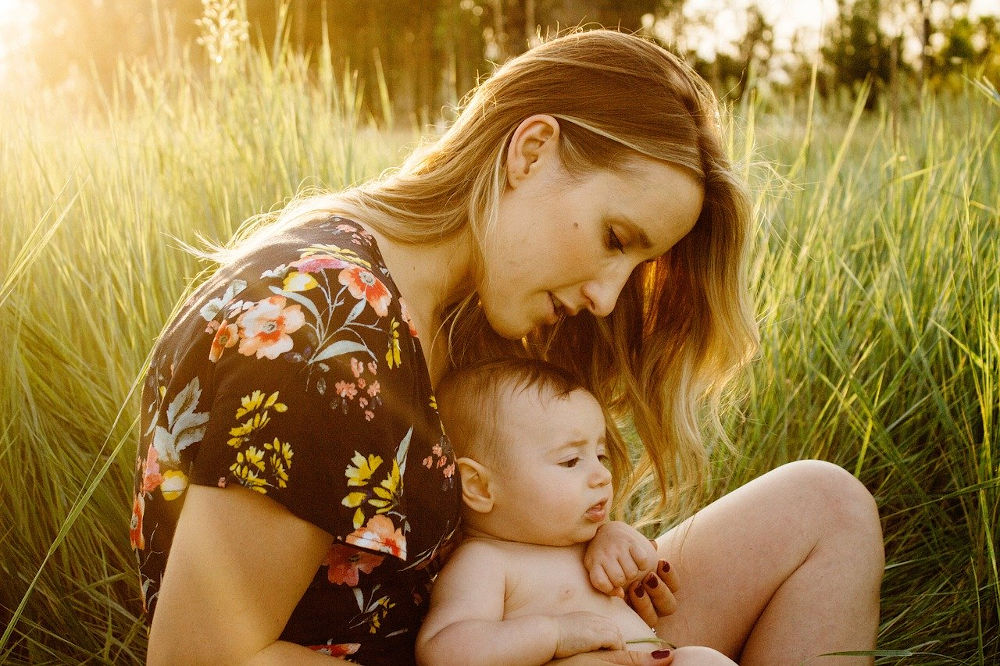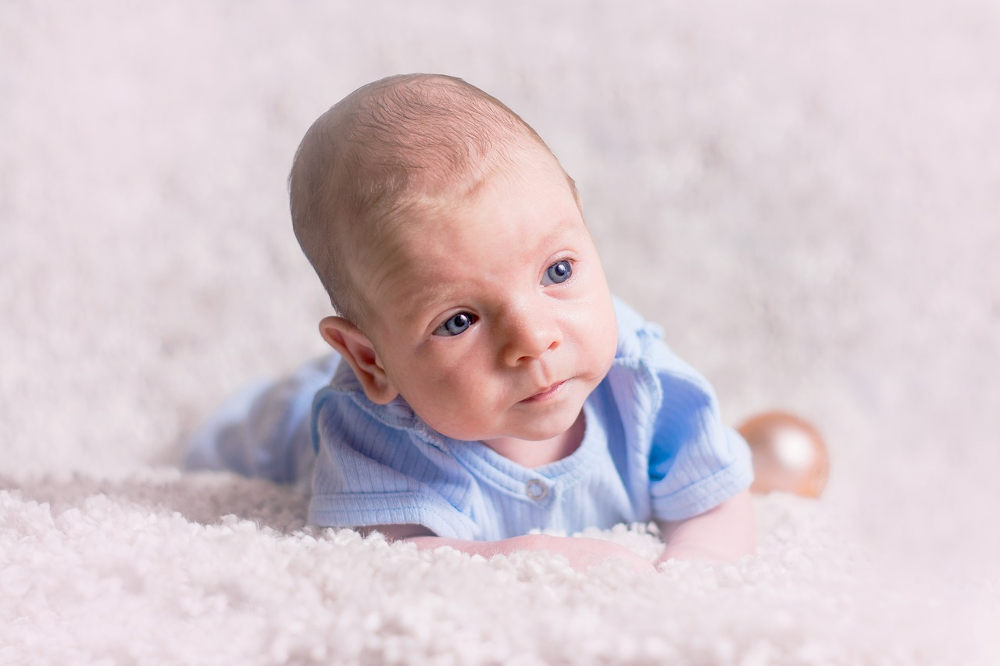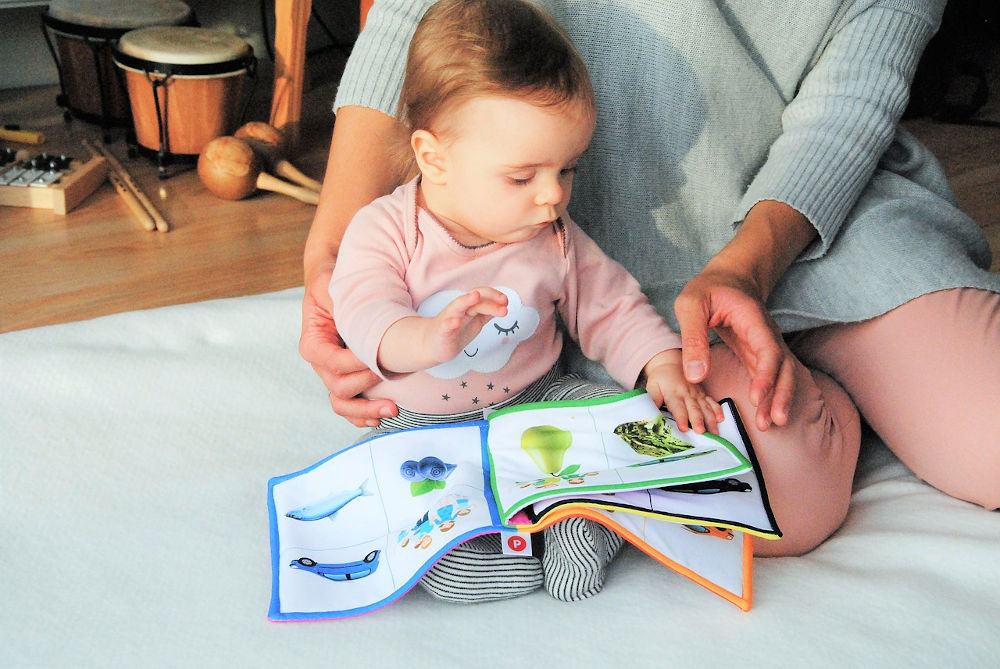Preparing for the arrival of a baby brings up a multitude of questions, concerns as well as the obvious brewing excitement of the impending arrival, no doubt.
You most probably have all the gizmos and gadgets and you’ve been fully prepped on the birth itself but you can’t be expected to know exactly what will happen in the first year or so, especially if you are a first time parent.
You’ll have everyone wanting to get a glimpse of your bundle of joy nice and early but it’s hard to find information on what happens after this and what to do once you find yourself alone with your baby. You will be the one who puts the most pressure on yourself, after all it’s you and your baby most of the time, so we’re here to help you find ways to take that pressure off so you can enjoy the time with your precious new arrival.
The first year can certainly be the hardest as you need to adjust every element of your life to accommodate your new bundle of joy, so if you’re looking for a little more information and advice here is a brief guide to getting through the first 12 months with your baby.

Develop a sleeping routine
New-born babies have tiny tummies and so need to be fed regularly, which, in turn, results in broken sleep for all concerned. All babies differ in terms of feeding and sleeping routines, but it’s very common for new-borns to feed every couple of hours. Over time you might start to feel exhausted, so a good tip is to sleep when your baby does. Even if you can catch a quick half-hour, it will give you a much-needed energy boost.
If your partner is around, try and agree on a routine that will allow you both to get some decent periods of sleep. If you are breastfeeding this will be more difficult but working out a method that suits everyone will be beneficial. For mums who can’t breastfeed or who decide not to, infant baby formula is a healthy alternative. The Milky Box was founded to help parents find only the best in organic, gluten-free, and GMO-free European formulas from sustainable companies with EU certification, and only trusted brands.
An alternative option, which might turn out to be the biggest blessing for your sleep-deprived self, is to hire a maternity nanny. A person who comes into your home to help out, a maternity nanny or nurse will be there in the first few weeks or months generally living in and working round the clock most days to give you the biggest helping hand you could need.
Keep a check on your mental health
When you have a baby, it is important to review your mental health regularly. Your health visitor will most likely ask to see you a few times post-birth to find out how you are doing, and you should feel comfortable to open up during these visits. You may be asked to complete a questionnaire asking how you feel during these appointments and the answers to these questions can help to alert them to any symptoms of postnatal depression.

Postnatal depression affects more than 1 in 10 women after childbirth and can, in some cases, affect fathers and partners. It is thought to be caused by a mixture of hormonal changes, adjustment to parenthood, and fatigue. Some of the symptoms (which are extensive) include excessive crying, morbid thoughts, and difficulty bonding with your baby. That, of course, does not mean that if you are experiencing any of these symptoms that you have PND. If, however you think you may be showing signs or just don’t feel right, contact your doctor or health visitor immediately as there is a wealth of help out there available to you.
Cleaning is not a priority
As your baby starts to move around and sleep less frequently, you may find you have even less time to take care of your home. You should try not to let it stress you out though, as long as your little one is warm, sheltered, and fed, the rest can wait.
Your home should, of course, be kept within a certain state of cleanliness, but if you haven’t vacuumed for days or your ironing pile is increasing, don’t sweat it. If you want to spend six hours a day cuddling your baby, then go ahead and do so. You will never get these years back, so prioritise wisely.
If you are house proud however, and you’re finding the pressure too much, get a cleaner if you don’t already have one, it’s a great way to take the pressure off you. Pencil in a once or twice weekly visit when you are heading out so that you can come home to a freshly cleaned home.
Keep track of milestones

Although you are probably exhausted, keeping a list of your child’s milestones is something you will treasure years down the line. A very simple way to do this is to keep a jar handy. Every time your child achieves a ‘first’ such as clapping their hands or saying their first word, write it on a scrap piece of paper together with the date and pop it in the jar. When you have more time, you can collate all the information and will have a wonderful set of milestone memories to cherish.
Similarly, try to take as many photos as you can of your baby’s first year. Although days can drag, the first year will be over in a flash, so get snapping. At the end of each year consider having a photobook printed with all of your most precious photographs. If you don’t keep some kind of track, you could end up with thousands of images and have no idea what they are or when they were taken.
Alternatively, if you’re not that keen with a camera, you can also book a photographer to visit once a month to take the pressure off your photography and organisation skills. Pick a date and have them over on the same day each month to take some professional images of your baby, this will be a great way to keep track of your little one’s growth and milestones without having to remember to plan it in!
Look after your physical health
As we touched on earlier, your mental health is very important, and so is your physical health. Some days you will be so tired and busy that you may forget to eat anything. This will not help the overall situation at all, so try and get into a routine of eating little but often if that works best for your routine. If you don’t eat, your energy levels will deplete even further, which could seriously affect your ability to function.

You need to be alert and aware when taking care of a young child, so stay hydrated, eat well, and if you can muster the energy, try to get out for a walk at least once a day. The fresh air will not only be good for you and your baby, but it will also give you a chance to clear your mind and give yourself a bit of a well-earned break. Hiring a personal trainer who specialises in postnatal fitness could be a great help to you if you don’t want to attend group classes but you’re keen on getting a workout in. Take the pressure off and let someone guide you into a positive physical state – not with the intention of losing weight but to help your body recover in the right way from the stress it has been put under.
Ask for help
Although you may be tempted to reject offers of help because you don’t want people to think you aren’t coping – accept them! Whether it’s a friend offering to take the baby out for an hour or your parents coming round to look after the little one, a bit of help can transform how you feel. It’s also the ideal chance to catch up on some sleep.
Many new mothers think they are superhuman and can do anything and everything, but if you don’t watch what you are doing, you could burn out completely. If you don’t want to accept help in terms of babysitting or a nanny, suggest instead that your loved ones prepare a meal for you or help with some laundry or other household bits and pieces if you don’t have a cleaner. Anyone who has had a child knows how difficult it can be and will be only too happy to help make things easier for you. So, swallow your pride and accept any helping hands that come your way.






















